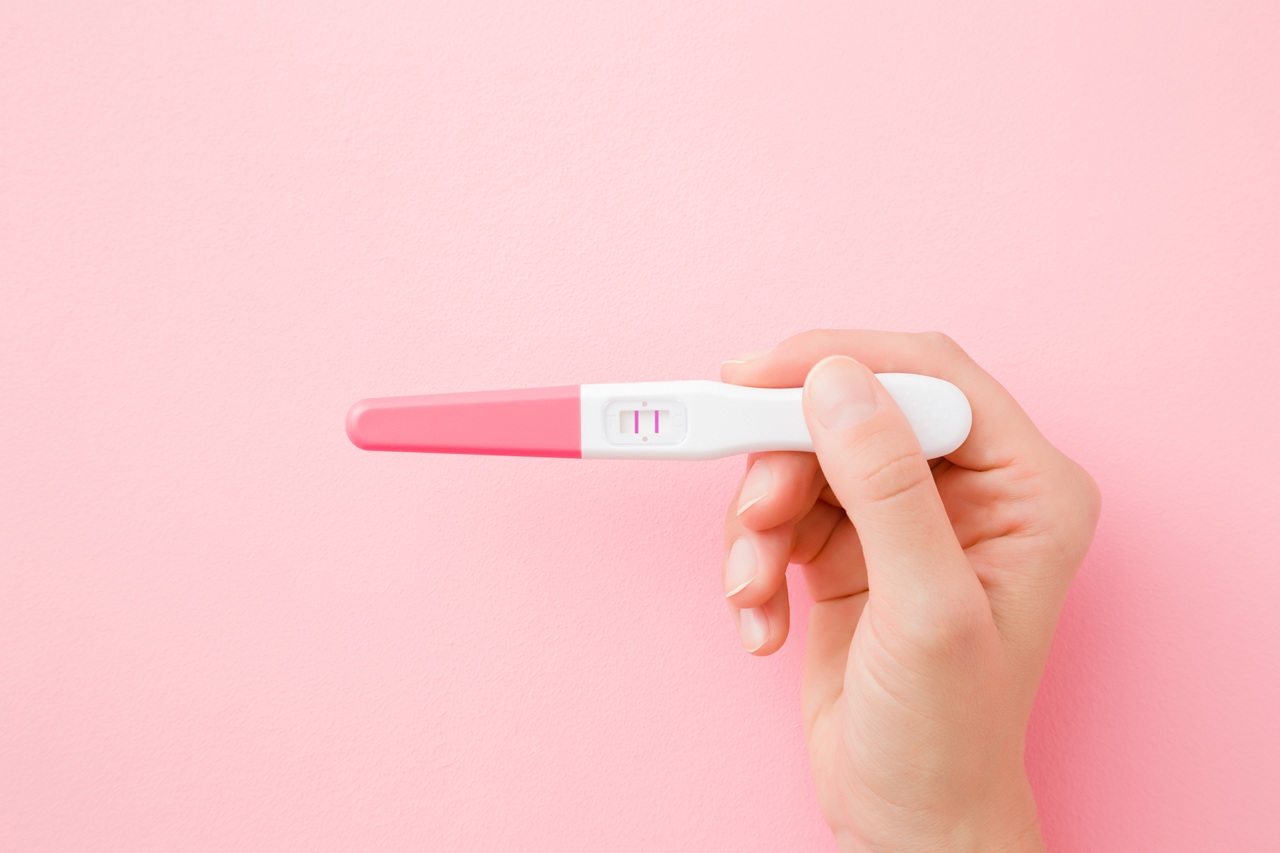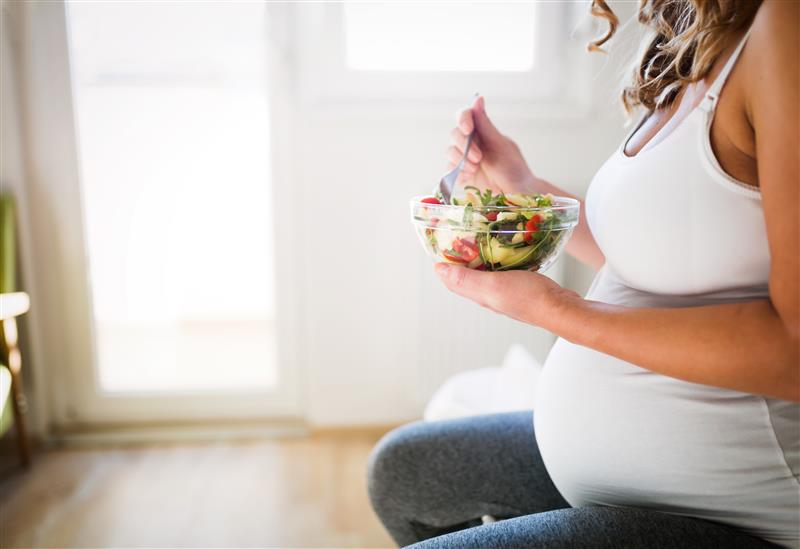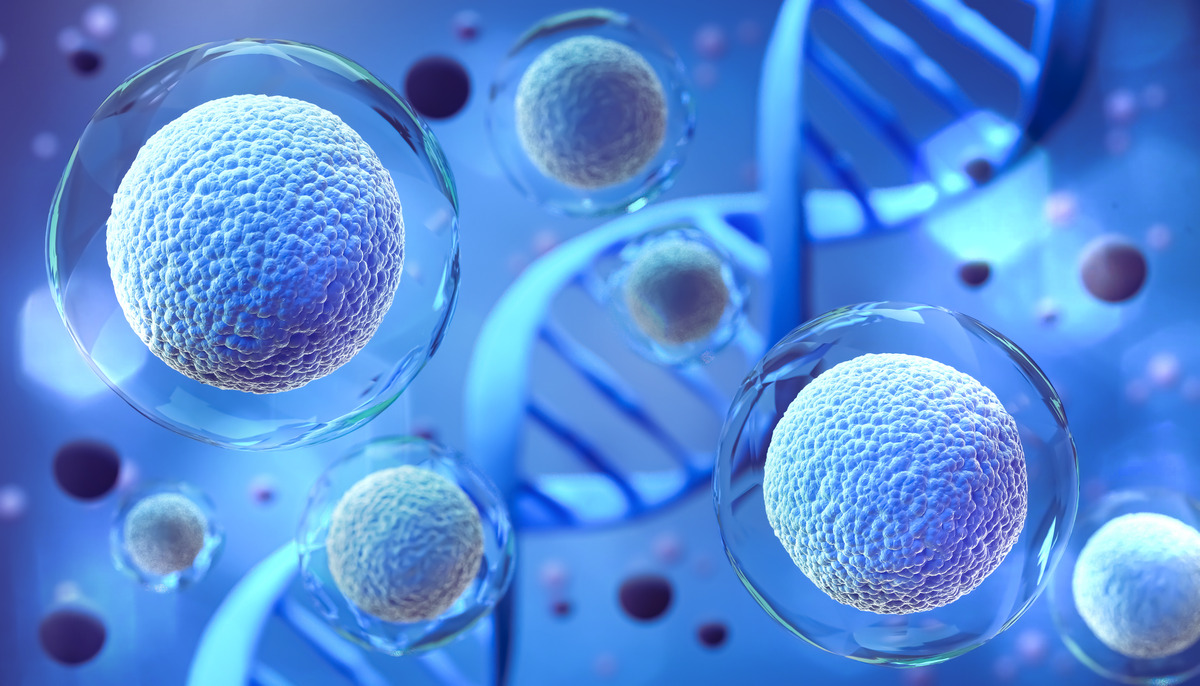Eggs for Pregnant Women: Benefits, Nutrition, and Safety

Pregnancy is a time when nutrition is of utmost importance. What a mother eats can significantly affect both her health and the growth and development of her baby. Among the many nutritious foods available, eggs stand out as a powerhouse. Packed with vital vitamins, minerals, and proteins, eggs offer an ideal option for expectant mothers. Let’s explore why eggs for pregnant women are highly recommended and how they can be incorporated into a healthy pregnancy diet.
Nutritional Value of Eggs
Eggs are a powerhouse of nutrition during pregnancy. A single egg contains approximately 70 calories, 6 grams of high-quality protein, and a host of vital vitamins and minerals, including:
- Folic acid: Supports neural tube development.
- Iron: Helps in the production of red blood cells.
- Choline: Supports brain development.
- Vitamin D: Strengthens bones and supports immunity
- Omega-3 fatty acids: Beneficial for fetal brain and eye development.
Benefits of Including Eggs for Pregnant Women's Diet
Supports Fetal Development
Eggs are rich in choline, an essential nutrient in pregnancy that plays a pivotal role in brain and spinal cord development. Regular egg consumption during pregnancy can help prevent neural tube defects and support overall cognitive growth.
Provides High-Quality Protein
Each egg contains roughly 6 grams of protein, making it an excellent source for expecting mothers. This protein supports the growth of fetal tissue, placenta, and uterus.
Why protein from eggs matters:
- Helps in forming the baby’s brain and spinal cord
- Supports your uterus, placenta, and blood supply as they grow
- Keeps energy levels stable and hunger balanced
Strengthens Maternal Health
The vitamin D and phosphorus found in eggs aid in strengthening bones and teeth, both for the mother and the growing fetus. Iron supports increased blood volume and prevents pregnancy-related anemia.
Helps Maintain Energy Levels
With a rich blend of vitamins and protein, eggs can help maintain energy levels throughout pregnancy, making it easier for expectant mothers to stay active and healthy.
Satisfies Pregnancy Cravings without Spiking Sugar
Some pregnancy cravings can leave you bouncing between salty snacks and sweet foods that wear you out. Eggs can fill that gap. Their natural richness satisfies hunger without adding processed sugar or empty carbs.
A simple egg-based snack can curb cravings while still giving your body something useful. That is how you manage appetite without relying on junk food to feel better for ten minutes.
Safety Considerations When Consuming Eggs During Pregnancy
While eggs offer numerous benefits, it's essential to consume them safely. Here are some precautions for pregnant women:
- Cook thoroughly: Ensure that eggs are fully cooked (both the yolk and the white) to kill any harmful bacteria, such as Salmonella.
- Avoid raw or undercooked eggs: Stay away from raw egg preparations, including certain homemade mayonnaise, salad dressings, and raw cookie dough.
- Check for freshness: Always use fresh, properly stored eggs for cooking
How to Incorporate Eggs for Pregnant Women's Diet
There are countless ways to enjoy eggs while gaining their nutritional benefits:
- Boiled eggs: A quick and convenient snack.
- Scrambled eggs: An easy breakfast option that can be enhanced with vegetables.
- Vegetable omelets: A delicious way to incorporate fiber and vitamins.
- Baked egg muffins: A portable and protein-rich snack.
Frequently Asked Questions about Eggs for Pregnant Women
Q1: How many eggs can a pregnant woman eat per day?
Ans: It's generally safe for pregnant women to consume 1–2 eggs per day, but it's best to consult with a doctor for personalized recommendations.
Q2: Are all types of eggs safe for pregnancy?
Ans: It's best to consume only pasteurized and fully cooked eggs to reduce the risk of foodborne illnesses.
Q3: Do eggs cause allergies in the fetus?
A3: There's no strong evidence that consuming eggs during pregnancy causes allergies in the fetus. However, if you have concerns about allergies, consult your doctor.
Conclusion
Including eggs for pregnant women in the daily diet can be highly beneficial. From providing essential protein to aiding in brain and eye development, eggs are a valuable addition to any pregnancy nutrition plan. Remember to practice safe cooking habits and consult a healthcare professional for personalized advice. Enjoy the many delicious ways you can incorporate this nutritional powerhouse into your pregnancy journey, ensuring a healthy and balanced start for both mother and baby.






 Enquiry
Enquiry
 Email
Email Phone
Phone
 Whatsapp
Whatsapp